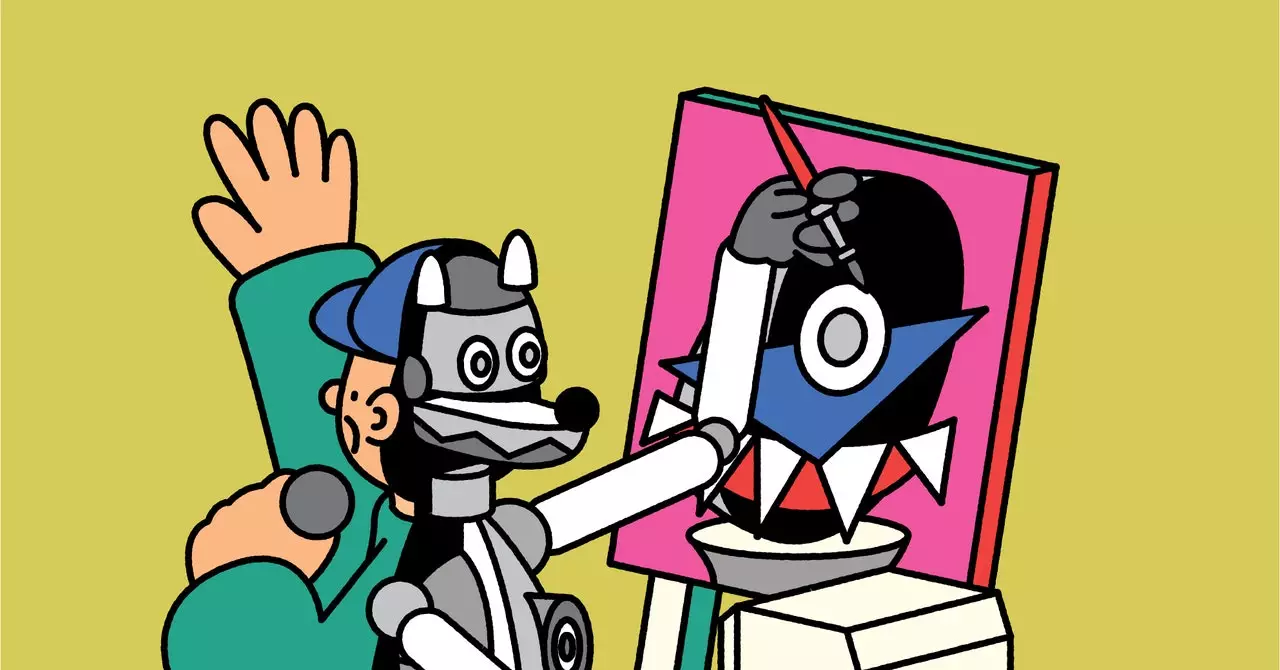The advent of ChatGPT and similar large language models has sparked a complex dialogue surrounding the role of artificial intelligence in creative domains. While concerns about job displacement and the diminishing human touch in artistic endeavors are valid, there is a burgeoning narrative suggesting that these technologies could catalyze an unprecedented era of creativity, particularly in music genres like hip-hop. As we look to 2025, we can anticipate a variety of ways in which human artistry will intertwine with machine intelligence, offering a fascinating perspective on cultural evolution.
Hip-hop stands as a compelling case study in the intersection of culture and technology. As a genre that has historically borrowed from various musical traditions, hip-hop is uniquely positioned to embrace AI-generated content. This genre has already begun to witness the emergence of AI-enhanced compositions, with tracks generated by algorithms that can mirror or even mimic the styles of top artists. Notably, AI-induced controversies, such as the viral “One Shot” song misattributed to Kendrick Lamar during a highly publicized feud with Drake, highlight the potential for confusion but also excitement regarding the capabilities of AI in music production.
As we advance into 2025, it is reasonable to predict an increase in AI-generated music, flourishing in an environment fueled by the hyperactive dynamics of social media. The viral nature of attention-seeking content could amplify AI’s influence, leading to an era of synthetic music that raises questions about authenticity and ownership in creative expression.
As technology evolves, the relationship between artists and AI could take shape in three distinct and transformative avenues.
1. **Total Embrace**: The first path may involve a complete acceptance of AI as an integral part of the creative process. In this model, artists opt to forgo human effort in favor of AI’s ability to churn out extensive musical catalogues in mere minutes without compromising on quality. While the actual creation of music may become a machine-led endeavor, human involvement could shift toward the curation and critique of AI-generated content. Just as TikTok influencers craft narratives around contemporary trends, a new breed of cultural commentators could arise to evaluate AI-driven works, potentially developing a booming industry around musical analysis and discussion.
2. **Collaborative Hybridity**: The second scenario suggests a harmonious blend of human creativity and AI capabilities. Traditional artists may leverage AI tools to reinterpret classic hip-hop tracks or create novel mashups that blend genres. Notable figures like 50 Cent have reportedly found humor and enjoyment in AI-assisted covers of their classics, indicating a willingness among artists to engage with technology while maintaining a human element. This hybrid approach may usher in new subgenres, including AI-driven battle raps or partnerships between human artists and AI collaborators, offering innovative ways to engage with hip-hop’s craft.
3. **Revival of the Authentic**: The third projection introduces an ironic yet poignant shift: the proliferation of AI-generated art may engender a renewed appreciation for human-created works. As the sheer volume of AI productions rises, original human masterpieces may be celebrated for their authenticity and emotional depth in stark contrast. The 50-year legacy of hip-hop provides a relevant backdrop as it struggles for recognition, with few artists historically regarded as exemplars of high art. In this light, AI could pave the way for a broader recognition of hip-hop’s foundational figures, fostering a lucrative market centered around preserving and valorizing these artists.
While the fusion of AI and hip-hop offers thrilling possibilities, navigating this terrain will not be without its challenges. As artists grapple with questions of authorship, originality, and the value of machine-generated content, a nuanced dialogue around ethics and creativity is critical. Yet, this friction could also act as a crucible for innovation, encouraging artists to push boundaries and explore new expressions of identity and culture.
As we stand on the brink of 2025, the potential for a creative renaissance in hip-hop—one that harmonizes human ingenuity with artificial intelligence—is palpable. Rather than viewing AI as a threat to human expression, we might consider it a catalyst for new forms of art that redefine what it means to be creative. While the road ahead may be fraught with complexity and discord, the dawn of this new era is an invitation to embrace the transformative power of technology—a journey where both human and machine can flourish together in the vast landscape of musical expression.

